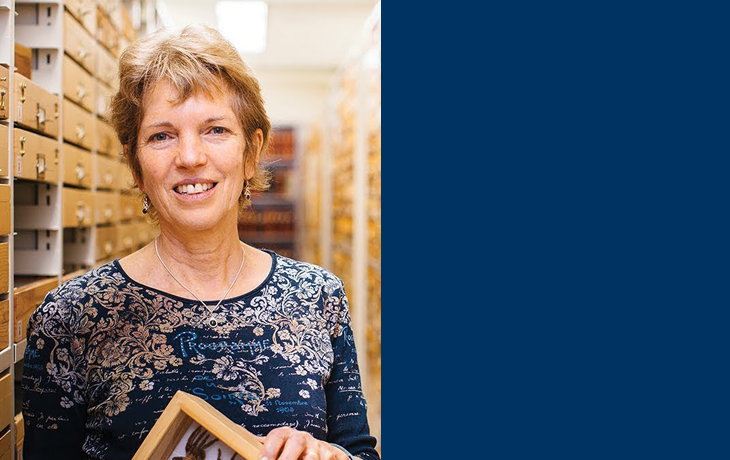A central challenge in understanding the origins of biodiversity is that, while we can observe and test local ecological phenomena, we must usually infer the longer-term outcomes of these ecological forces indirectly. My colleagues and I have been developing inferential models at the interface between macroecology and population-level processes, and applying them to data from geological chronosequences that present communities of different ages. Inferences from these “snapshots in time” provide a link between direct observational methods for local communities and models that make indirect inferences underlying community history. We use data from multiple insular systems, each comprising replicated sites that range from 5 million years. In this way we can directly link ecological theories and models of community composition within a temporal framework so as to understand the history underlying patterns of species diversity. The approach bridges ecological and evolutionary theory to provide a framework for making predictions about biodiversity dynamics.
The Berkeley Distinguished Lectures in Data Science, co-hosted by the Berkeley Institute for Data Science (BIDS) and the Berkeley Division of Data Sciences, features Berkeley faculty doing visionary research that illustrates the character of the ongoing data revolution. This lecture series is offered to engage our diverse campus community and enrich active connections among colleagues. All campus community members are welcome and encouraged to attend. Arrive at 3:30 PM for light refreshments and discussion prior to the formal presentation.


